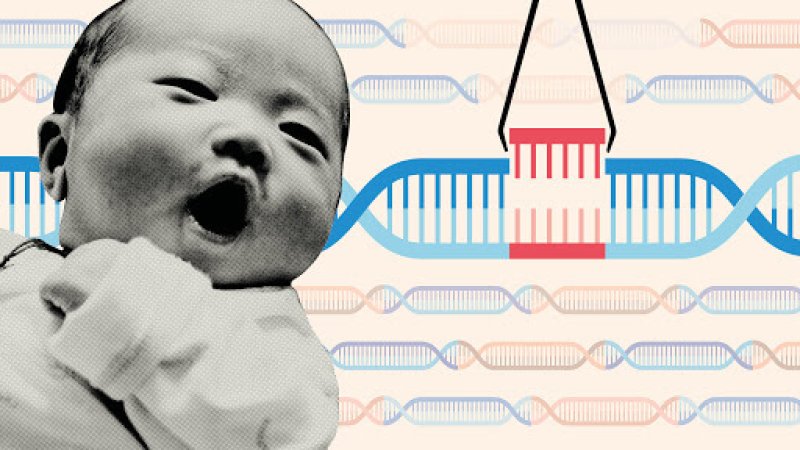Here’s a provocative headline and subhead from OneZero, a publication by Medium, above an article by Emily Mullin published on August 17:
Men Are Twice as Likely to Support Genetically Engineered Babies Than Women
The public may be ready for gene-edited babies.
This is clearly an attention-grabber. It’s based on a terrible paper about public attitudes about heritable genome editing (also called human germline editing) by four University of Melbourne academics led by Christopher Gyngell.
…
Mullin’s article is much more careful than the headline (which was almost certainly written by someone else) and does a good job representing what the peer-reviewed article says. A better summary of the data, however, might be:
A survey by advocates of human germline gene editing finds some support for medical (but not enhancement) applications — except among women, the religious, and anyone with professional or personal knowledge of genetics or genomics. Parents and people with college degrees are more skeptical than those without children or degrees.
This paper is a classic case of spinning results you don’t want. Gyngell has been an advocate of germline gene editing (GGE) for years. In 2015, when he was billed as “a bioethicist from the University of Oxford” (at the Centre run by Julian Savulescu) he wrote a piece for The Guardian titled:
The case for genetically engineered babies
It’s obvious what results he hoped to find.































